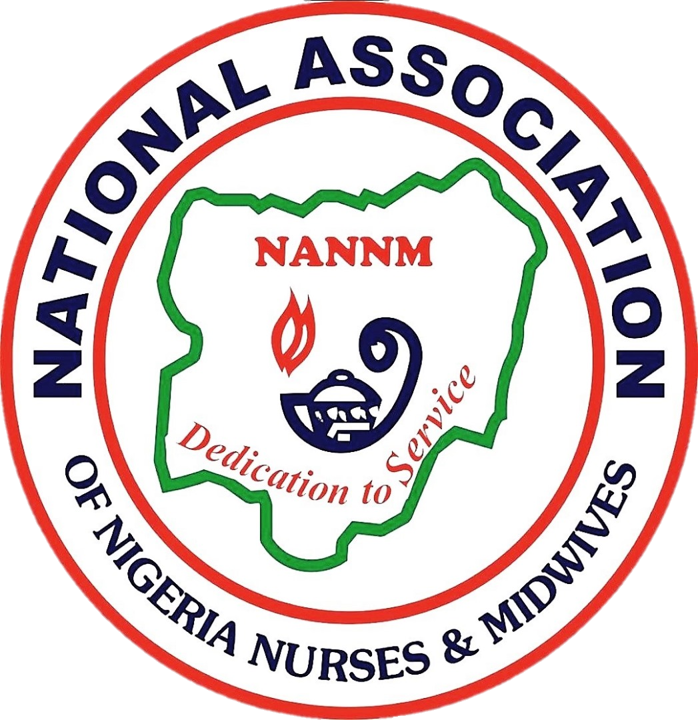LOCAL

KWARA NURSES WARN: DON’T USE STUDENT OR INTERN NURSES DURING STRIKE
Kwara Nurses Sound Alarm: No Room for Interns or Students During Nationwide Strike
The Kwara State chapter of the National Association of Nigeria Nurses and Midwives (NANNM) has issued a strong warning to hospitals across the state: do not use student or intern nurses as substitutes during the ongoing nationwide warning strike.
The association made this known in a statement released on Wednesday in Ilorin, following reports that some hospitals were allegedly trying to fill the gap left by striking nurses with students on clinical posting and interns.
Marcus Lucas, the state secretary of NANNM, emphasized that such actions are not only unethical but also dangerous for patient safety.
“Under no circumstances should any student nurse or intern be allowed to take over the responsibilities of registered nurses during this period,” the statement read.
NANNM strongly condemned any attempt to bypass the strike by assigning inexperienced hands to perform the critical duties of registered professionals.
“This poses a serious risk to patient safety and amounts to direct sabotage of our collective industrial action,” Lucas added.
The association went further to warn that any Head of Department (HOD) found encouraging or permitting such practices will face serious consequences.
The seven-day warning strike was declared by the national body of NANNM to push for improved welfare and working conditions for nurses across the country.
As the strike continues, the Kwara chapter has called on its members to stay united and committed, urging them not to be discouraged or distracted by any illegal attempts to weaken their cause.
This firm stance by the nurses’ union highlights the growing tension in Nigeria’s healthcare system, where overworked and underpaid professionals are demanding better treatment and respect for their roles.
For now, hospitals in Kwara and across Nigeria will need to respect the boundaries set by the professional body—or face serious backlash.
"This represents a significant development in our ongoing coverage of current events."— Editorial Board









